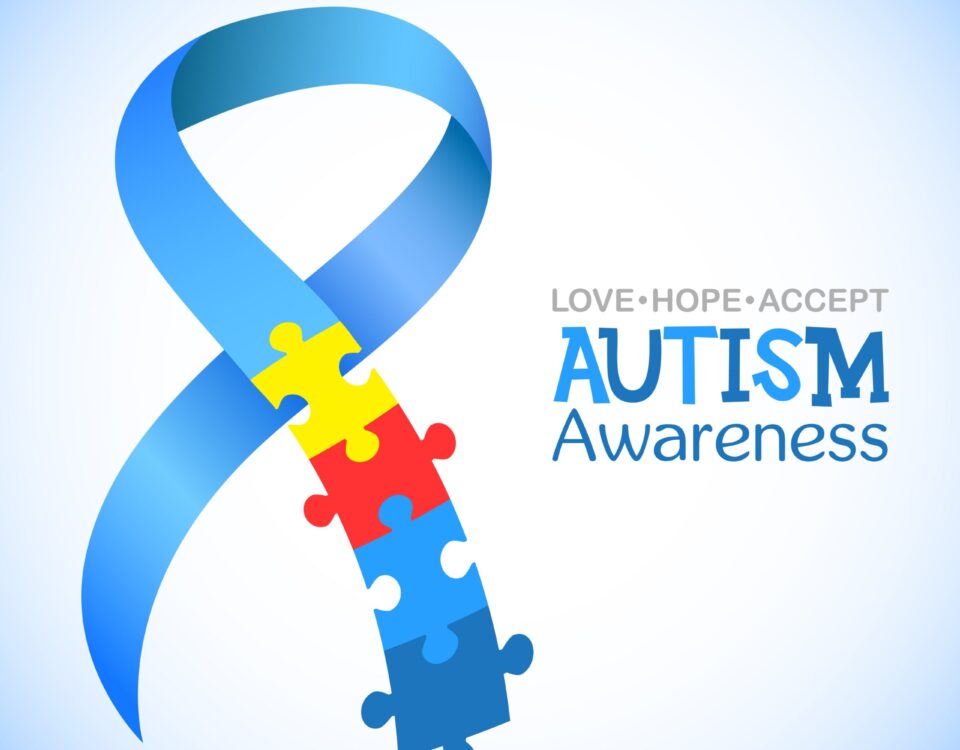- Have any questions?
- (561) 206-2574
- [email protected]
A Guide to Auditory Processing Disorder

An Overview of Expressive and Receptive Language Disorders
April 12, 2023
Summer Activities to Keep Your Learner Engaged
June 15, 2023A Guide to Auditory Processing Disorder

What is Auditory Processing Disorder?
Auditory processing disorder is a disorder of the hearing system that causes a disruption in the way an individual’s brain understands what they are hearing. Auditory processing disorder affects the ability to understand speech. It affects the way the brain processes sound, making it challenging to communicate and learn.
What are the Types of Auditory Processing Disorders?
- Organizational: Characterized by not recalling information in a specific order or having difficulty with noisy situations.
- Integration: Identified by struggling to do multiple tasks while listening.
- Decoding: Trouble figuring out words because the brain processes them as sounds.
- Prosodic: Having trouble with tone, inflection, and implied meaning. Their speech is often monotone.
- Hypersensitivity: Characterized by sensitivity to sounds, causing physical pain
Signs of Auditory Processing Disorder
According to understood.org, here is a list of signs of auditory processing disorder:
- Trouble following spoken directions, especially multi-step ones
- Often asking people to repeat themselves or saying “Huh?” or “What?”
- Trouble following a conversation, especially if there are multiple speakers or lots of background noise
- Being easily distracted by background noise or sudden, loud noises
- Trouble remembering details of things that are read or spoken
- Trouble with reading or spelling, which require processing sounds
- Taking longer to respond when someone speaks
- Trouble knowing where sounds/speech is coming from
People with APD can have a hard time with conversation. They’re often slow to respond to what others say. And if they don’t understand, they may respond in ways that don’t make sense.
Auditory processing disorder is recognized as a “specific learning disability” under the Individuals with Disabilities Education Act (IDEA). This means you may be able to obtain services and support at your local school to address any auditory processing deficits. Also, multisensory based programs like the ones offered here can address and target the needs of students with auditory processing disorder.

